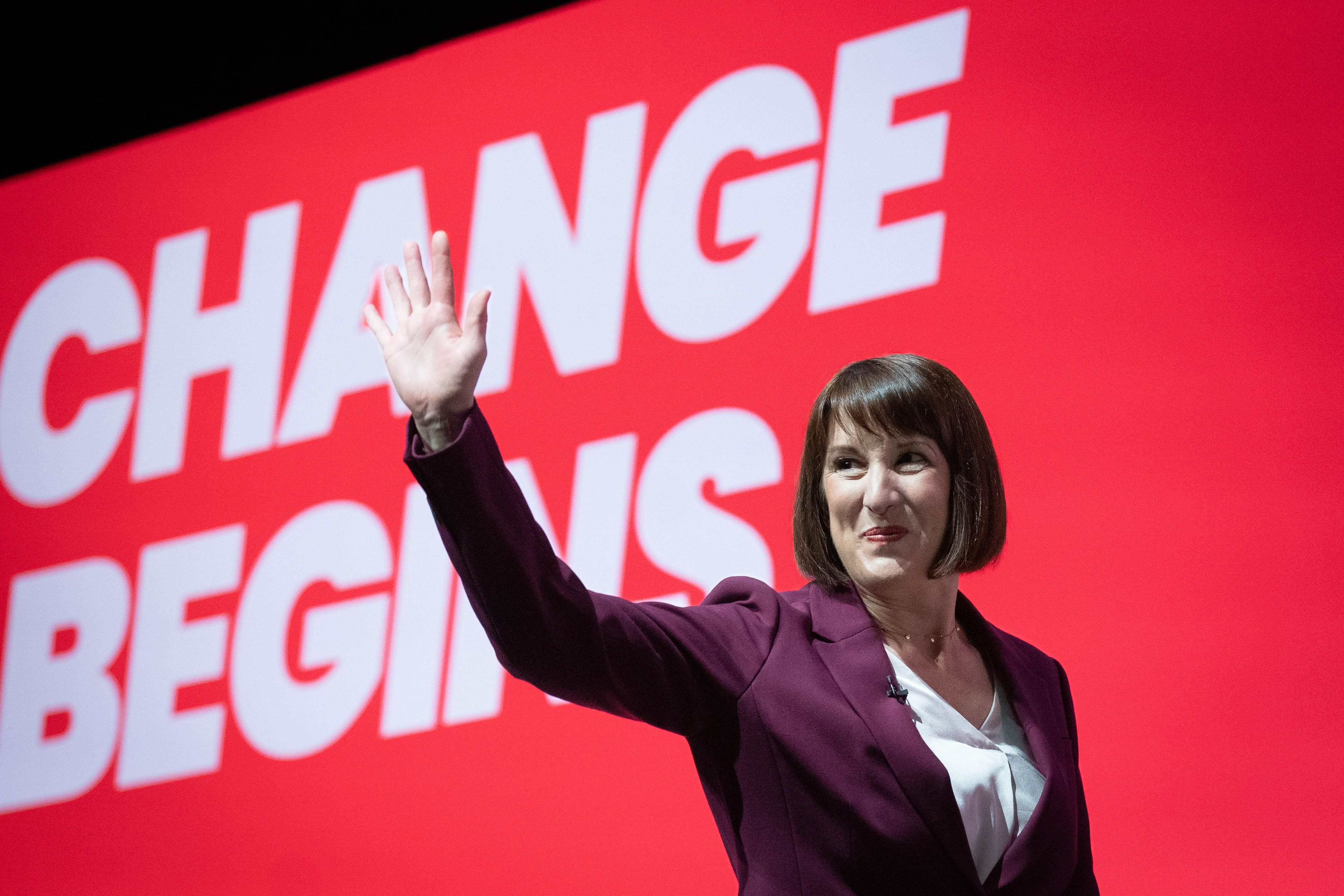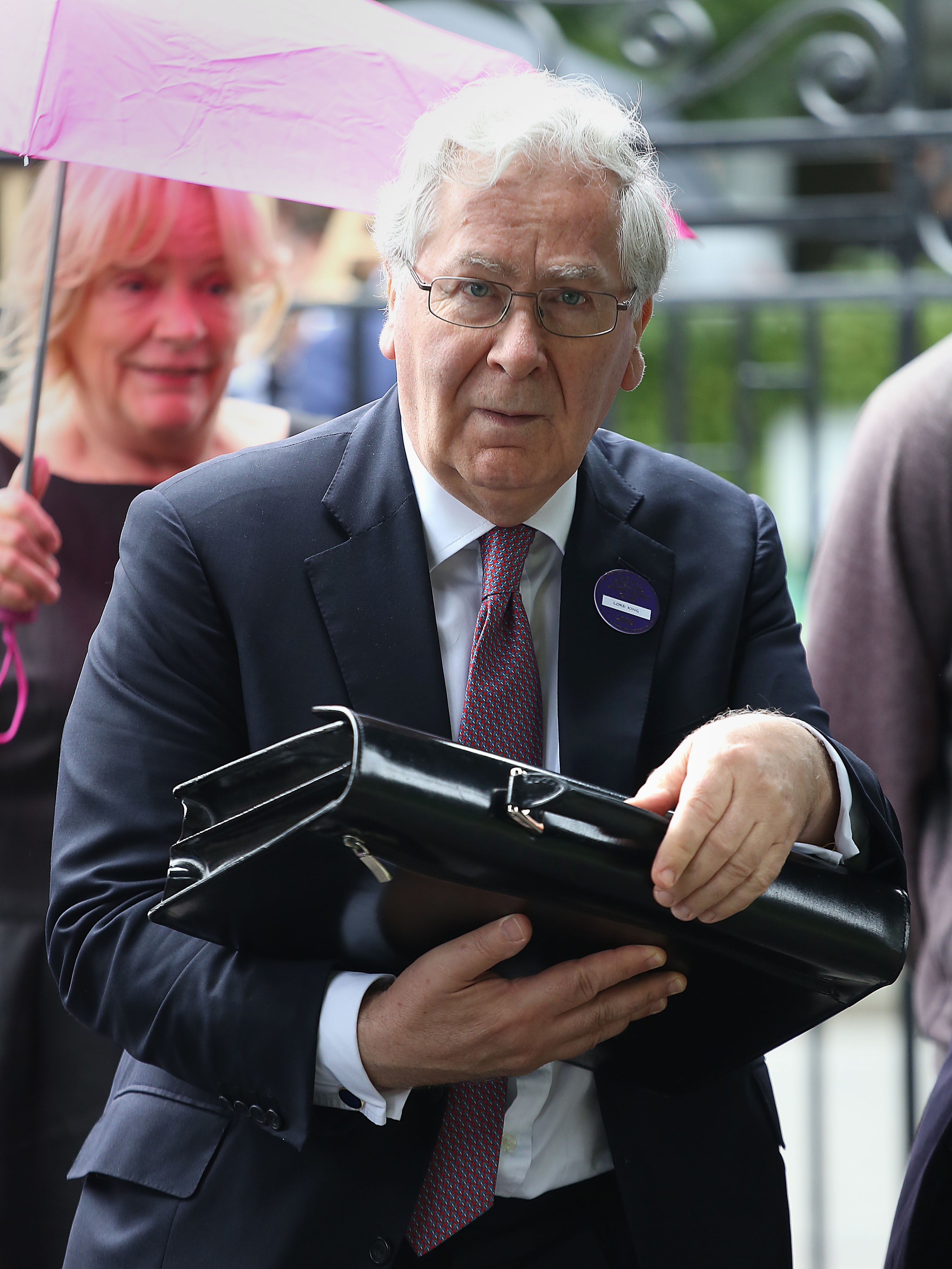I was Rachel Reeves’s boss at the Bank of England – here’s what she should do now
In an open letter, former governor of the Bank of England Mervyn King shares his advice for the chancellor ahead of her first-ever Budget


Dear Rachel,
I know from your time at the Bank of England that you will not be daunted by the formidable challenges facing you as chancellor.
Your first Budget will set the tone and path for the new government – and I hope you will approach this task with the same intellectual self-confidence and toughness that you have previously demonstrated.
Although you will be inundated with advice, let me offer just three points:
1. Keep it simple and be ruthlessly honest with the public
If you believe that the UK requires higher investment to overcome the perception that “nothing works any more” – and I do not disagree – then you should argue for the merits of that… even if it means higher borrowing for a while.
Pretending that stability of the public finances is achieved by changing the definition of debt, deficits or the fiscal rule is an illusion.
Financial markets know that higher borrowing means higher borrowing. A new fiscal rule – such as taking into account public assets as well as public liabilities – will not make your task easier.
The reason is simple. Unlike the private sector, investment in the public sector does not, in most cases, generate an income for the government that can be used to pay the interest on the debt that was taken out to finance the investment in the first place. Many worthy public investments are unlikely to raise output and increase revenue to the government, certainly within the lifetime of this parliament, and some are classified as current spending.
So avoid slogans such as “borrowing for investment”. There is only one sensible definition of fiscal sustainability – the structure of tax rates will generate sufficient revenue to allow the ratio of debt to national income to fall slowly but steadily in normal years. That allows for the possibility that when major events occur – such as a pandemic or war – national debt can rise sharply to cope with the need for emergency government expenditure.

The current fiscal rule, that the ratio of debt to national income is projected to fall in the fifth year of the forecast horizon, makes little sense. It is Augustinian – make me fiscally stable… but not yet. But not even Saint Augustine believed in a five-year rolling horizon.
The problem with the current rule is that it is too loose – not too tight (do read the House of Lords Economic Affairs Committee report on debt published last month). Your challenge is to justify a temporary Augustinian deviation from the objective of a falling debt to national income ratio, because of the need to finance higher investment without cutting day-to-day public spending.
Only a convincing and credible strategy for raising investment while achieving fiscal sustainability by the end of this parliament will help to reduce the upward pressure on long-term interest rates, resulting from higher borrowing.
2. Create a narrative that links the justification of higher investment to the reform of public services
...and a credible path for the debt-to-GDP ratio. Over the lifetime of this parliament, painful choices over spending and tax cannot be avoided.
On the former, the biggest challenge facing you and your colleagues will be to tackle the vested interests that will resist reform – whether that’s NHS bureaucracy, teachers in schools and universities, planning authorities, trade unions and the many others who will defend their current interests.
On the latter, before the general election, both major parties were irresponsible in either making or promising not to reverse cuts in national insurance contributions. It was a reckless increase in the future national debt – an attempt to bribe voters with their children’s and grandchildren’s pocket money.
An honest approach would be to say that such a commitment now appears a mistake and to return national insurance contributions to their previous level. You might be surprised by how many citizens would accept such honesty; better to tackle the problem now and not a year or so before the next general election.
3. Recognise that if we are to increase the share of investment, the share of consumption must fall
And, I would add, exports in our national income.
We cannot afford to invest more unless we save more. We are already borrowing from abroad to finance our low level of investment through a current account deficit. Our national saving rate is the lowest in the G7 and at the bottom of the G20 league table. To raise our saving rate is imperative.
It requires two changes: first, a reduction in budget deficits in the medium term and, second, more incentives for private saving. I have dealt with the former.
On the latter, you should avoid measures that might depress private saving. Resist the temptation to fiddle with the tax system – it is time to take a proper look at the various schemes that have been introduced by successive chancellors since the last major overhaul by Nigel Lawson.
The time is also ripe for a fundamental change to our system of pensions. Thirty years ago, the UK had a defined benefit pension system that was the envy of the world. Today, because of the unintended consequences of both regulation and low interest rates, it has virtually disappeared for new entrants in the private sector.
But it is not too late to re-establish a career-average-defined benefit pension system that will provide economic security to ordinary working people. It will require radical reform and a switch away from employer-based pension schemes. Why not commission a review on pension provision to be completed within a year?

Economic growth has been weak since the financial crisis – around 1.5 per cent a year. But the return of interest rates to more sustainable levels means that there is every reason to believe that growth will return to the 2.5 per cent or so a year that we experienced before the crisis as resources are allocated more efficiently.
In the long run, productivity reflects innovation, and we are not short of that. The reforms that you can make will take years to affect growth rates. But since we are bequeathing a high level of national debt to our grandchildren, we owe it to them to start now on reforms to improve our economic performance.
I remember you telling me one day that the reason you enjoyed working at the Bank of England was the opportunity to work with other very bright young people. Your generation is now in charge.
Be courageous, be bold, and ensure that the economic inheritance we leave to our grandchildren is one of which both they and we can be proud. One day, you will look back on your time as chancellor and you will want to remember the far-reaching changes you made – not the political compromises that others will urge on you.
My very best wishes,
Mervyn King
Mervyn King is a professor at the London School of Economics and served as the governor of the Bank of England between 2003 and 2013
Join our commenting forum
Join thought-provoking conversations, follow other Independent readers and see their replies
Comments
Bookmark popover
Removed from bookmarks